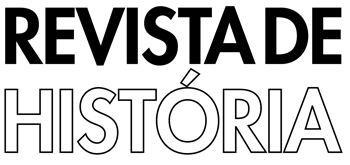Abstract
Neoconservatism is a phenomenon. In the late 1960s, the United States of America (USA) and the world took the first steps towards a systemic, persistent and widespread crisis. In this context, Irving Kristol and a group of intellectuals began to generate a set of ideas to solve the dilemmas that the crisis imposed on the USA. In the early 1970s, Kristol and her colleagues formed a mature ideology, known as neoconservatism. Soon, they became known as neoconservatives or necons. A few years later, neocons and neoconservatism arrived at the White House as protagonists in the Ronald Reagan presidency (1981 - 1989). Since then, they have been hanging around the White House, either in the Oval Office or in the backyard. This article is the result of research that sought to examine the neoconservatism as a phenomenon. In the next pages this article will present Kristol’s reflections and the process of shaping neoconservatism as a perception of the world. And it will analyze the Reagan administration’s experience with neoconservatism as a political project.
keywords
Neoconservatism; United States of America; Irving Kristol; Ronald Reagan; Welfare
